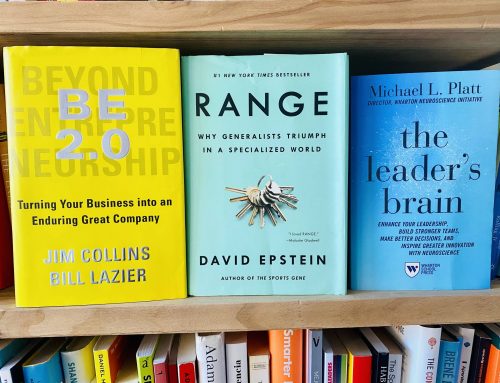Do you think you make rational decisions most of the time? Or have you ever done something against your will just because of a prior decision you had made?
Chances are good that even if you think you always make rational decisions, you still occasionally fall for the sunk cost fallacy.
This term, first described in 1976 as “escalation of commitment” in a research paper published by Berkeley professor Barry Staw, refers to a human behavior pattern in which an individual or group when faced with several negative outcomes from some decision, action or investment, continues the same behavior rather than alter the course.
Let’s say you buy tickets to a concert but on the day of the event, you catch a cold. Even though you are sick, you decide to go because otherwise “you would have wasted your money”. While it’s true you spent the money already, if you aren’t going to have a good time at the concert, you only make your life worse by going.
This explains why many NBA teams won’t let go of their big bets and will get stuck with players they drafted early, giving them more playing time and refusing to trade them even if they played poorly. This also explains why soccer teams that spent a lot of money on a player feel forced to play them regardless of their performance and why gamblers in the hole think they will recover their losses if they just play one more hand.
Another example would be struggling entrepreneurs thinking that if they just give their startups a little more sweat, they can turn it around.
Economists and behavioral scientists call this the “sunk cost fallacy”: when we estimate the value of a future investment, we tend to have trouble ignoring what we have already invested in the past.
As professor Adam Grant suggests, sunk costs do have a small effect in our decisions but recent research show three other factors that are even more powerful: anticipated regret (will I be sorry that I didn’t give it another chance?), project completion (if I keep investing, I can finish the project) and the single most powerful factor, ego threat (if I don’t keep investing, I’ll look and feel like a fool).
How can we avoid this?
A good option to avoid falling for the sunk cost fallacy is to avoid thinking in terms of these three factors and to request constant feedback from our peers. Those who neglect the social information and performance feedback that does not support their favorable view of themselves will put their companies or projects at risk. On the contrary, those who don’t mind accepting a blow to their pride in the short term will make better choices in the long run. Let’s practice separating the project from the person, the startup from the entrepreneur… If we are open to hearing what our project wants to say to us, even if it goes against our deepest thoughts, we will be able to react and maneuver much more quickly.
Quitting is also an option and sometimes it is actually the bravest decision of all. As Seth Godin points out, “strategic quitting is the secret of successful organizations”.







Leave A Comment